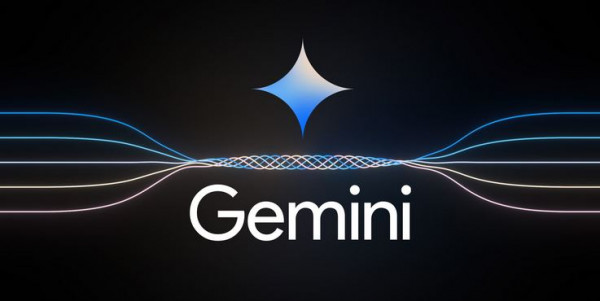Navigating the Digital Transformation and Embracing AI & Innovation in Marketing is an exciting journey replete with profound change and ground-breaking advancement. The role of digital platforms and innovative technologies becomes increasingly prominent as Marketing is transforming. As someone who has been in the marketing function for over two decades, I’ve had the opportunity to witness this evolution of marketing strategies and methods within the B2B industry. The past few years, particularly in the wake of the COVID-19 pandemic, have accelerated this transformation, ushering in an era of unprecedented digitalization. Marketing, which was once event-centric and reliant on physical interactions, is now firmly entrenched in the digital sphere, leveraging the power of online platforms, social media, and everything digital to engage consumers on a personalized level. Technologies such as artificial intelligence (AI) and generative AI, have further accelerated this transformation and are beginning to become indispensable tools in our arsenal.
Data-Driven Marketing: The Key to Success
Data-driven marketing has become indispensable in the current business landscape, particularly in the realm of B2B marketing. By harnessing the power of data, businesses can deliver value, build trust, and gain invaluable insights into customer behaviour across various touchpoints. Leveraging data insights enhances campaign targeting, measures effectiveness, ensures competitiveness, and enables personalized customer experiences, thus informed decision making Despite data complexity, AI tools help streamline analysis, extracting insights efficiently. Integrating AI into data-driven strategies offers a competitive edge, achieving unprecedented accuracy and sophistication. This approach optimizes resource utilization, drives higher ROI, and enables business growth in the ever-evolving digital era.
Embracing Generative AI: A Path to Innovation
Marketers must navigate a complex landscape where the demand for personalization is at an all-time high, attention spans are dwindling, and competition is fiercer than ever. Budget constraints and team size limitations continue to pose significant obstacles, while the need to stay abreast of ever-evolving technologies adds another layer of complexity to the work. Generative AI, in particular, holds tremendous promise in addressing many of these challenges. From content creation and personalization to persona profiling and customer journey tracing, AI technologies have the potential to revolutionize the way we approach marketing. By automating routine tasks and providing actionable insights, AI frees up valuable time and resources, allowing marketers to focus on strategic initiatives that drive tangible results. As per Gartner, by 2025, 30% of outbound marketing messages from large organizations will be synthetically generated.
Shaping marketing Strategies with AI
Generative artificial intelligence (AI) delivers high-value artifacts, expanding the AI toolkit beyond classification, optimization, and prediction. Apart from content creation and augmentation, generative AI has the potential to create new intellectual property, although preventing copyright infringement requires a disciplined framework and consistent use. As AI continues to learn and adapt, marketing strategies will become more dynamic. Real-time data analysis will enable businesses to adjust their campaigns on the fly, ensuring optimal engagement and results. In essence, the fusion of AI and marketing is paving the way for a more interconnected and responsive digital experience.
As AI becomes increasingly integrated into our marketing strategies, it’s essential that we remain vigilant about data privacy and compliance, ensuring that we use these technologies both responsibly and ethically.
AI Marketing Tools like ChatGPT, Jasper, Copy.AI, Grammarly, SurferSEO, ManyChat, Trellis, Evolv.ai, and Seventh Sense among others are revolutionizing the digital landscape as they are transforming the marketing function. By embracing these tools and staying ahead of the curve, marketers can navigate the digital evolution with confidence, driving success in the ever-changing landscape of modern marketing, as I have mentioned in my interview with Prateek Kalra, from Pepper Content as part of their Global Marketing Leaders 2023 initiative:
“I’m genuinely excited about the transformative potential of generative AI. I’ve been using it since day one, and it’s been quite a game-changer for my team and me. It’s like having an extra set of hands, always ready to assist. Its impact on marketing across various domains is remarkable. Now is the time to learn, adapt, and leverage this technology to enhance our capabilities. It could answer the perennial challenge of running lean marketing teams while focusing on our core tasks”
– Abha Bajaj
Looking Ahead
I believe the future of marketing lies in our ability to embrace innovation and adapt to the ever-changing digital landscape. By harnessing the power of AI and other emerging technologies, we can unlock new opportunities, drive meaningful engagement, improve customer centricity, and stay one step ahead of the competition. Marketing is slowly but surely becoming a revenue-generating function while the role of the CMO is becoming more central in an organization. The journey ahead may be challenging, but for those willing to embrace change, the possibilities are endless.





